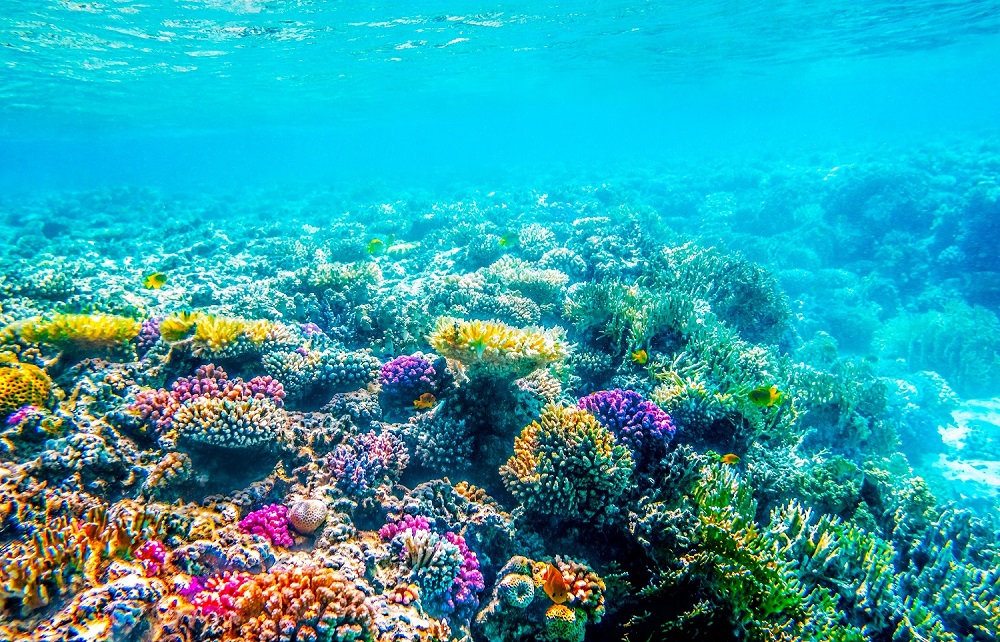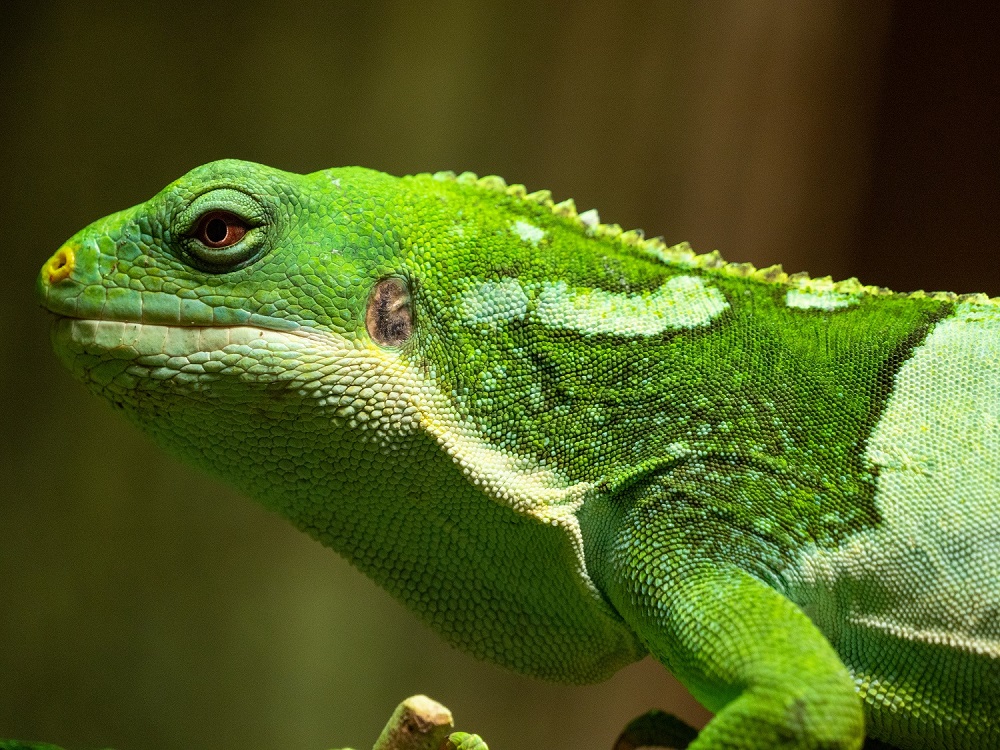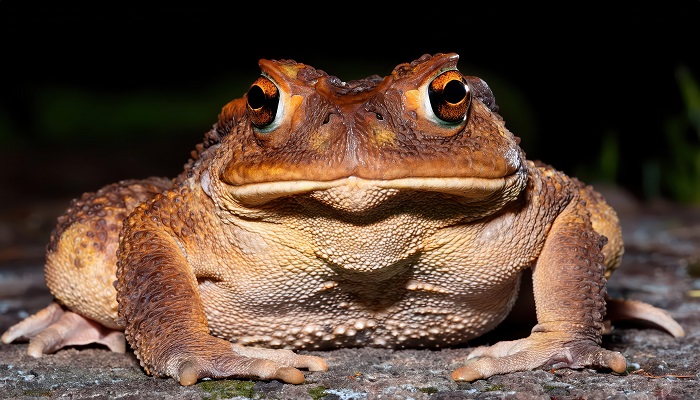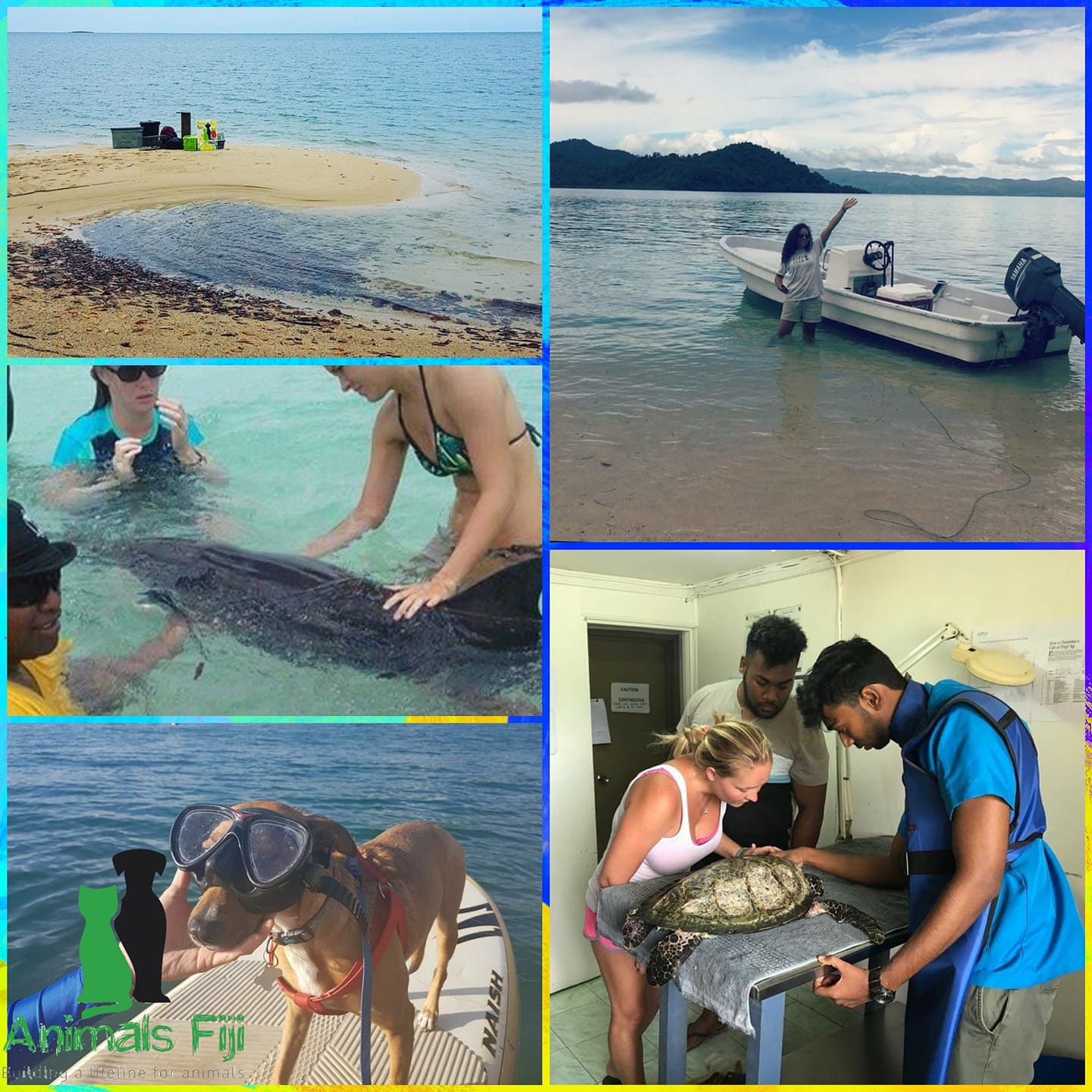Fiji is best known for its pristine lagoons and palm-fringed beaches but beyond its postcard-perfect views lies a world of fascinating biodiversity. From colourful tropical birds to lush rainforests and vibrant coral reefs, wildlife in Fiji is as rich and varied as the islands themselves.
The Rich Flora and Fauna in Fiji
The flora and fauna in Fiji reflect the islands’ isolation and tropical climate making it a haven for nature lovers. More than half of Fiji’s plants and animals are found nowhere else on Earth, creating a truly distinctive ecosystem. Dense rainforests, mangrove swamps and vibrant coral reefs provide habitats that support both native Fiji animals and extraordinary plant species.
Among the standout native plants are the elegant Fiji fan palm, the towering kauri tree and the delicate tagimoucia flower—Fiji’s national flower, found only on Taveuni Island. Throughout the rainforests, orchids, ferns, and climbing vines drape over ancient trees, forming the intricate Fiji ecosystems that sustain countless species and make the islands one of the most remarkable places to see in Fiji.

Native Fiji Animals
When it comes to animals in Fiji, visitors can expect a mix of native land species, exotic introductions and abundant marine life. Fiji’s islands were originally free of mammals, so most native Fiji animals are birds, reptiles and insects.
Many of Fiji’s native species have evolved in isolation, creating ecosystems found nowhere else in the world. Each environment plays an important role in maintaining the islands’ delicate ecological balance. Conservation efforts across Fiji focus on protecting these habitats and restoring populations of endangered species.
Travellers can also support this mission by visiting Animals Fiji dedicated to rescuing and rehabilitating stray and injured animals—an inspiring example of local conservation in action and a meaningful way to give back during your stay.
Notable Native and Endemic Species:
- Fiji crested iguana – Once thought extinct, this vibrant green lizard is now one of the most iconic wild animals in Fiji, found on Yasawa and Monuriki islands.
- Fiji banded iguana – Recognisable by its bright green and blue stripes, often spotted in forested areas.
- Collared lory – Fiji’s national bird, known for its scarlet plumage and playful chatter.
- Kadavu honeyeater and silktail – Rare forest birds that make up part of the unique Fiji animals list.

Marine Life: Beneath Fiji’s Blue Waters
Fiji’s coral reefs are home to more than 1,200 species of fish making them some of the most biodiverse marine environments in the world. In the clear waters, snorkellers and divers can spot clownfish, manta rays, turtles and even reef sharks. Each underwater encounter offers a glimpse into the rich Fiji marine life that makes the islands so special.
If you’re curious about exotic animals in Fiji, the underwater world is where they shine — seahorses, moray eels and even whales migrate through Fijian waters. The Great Astrolabe Reef, one of the largest barrier reefs on Earth, is a haven for marine biodiversity and a must-visit for anyone exploring Fiji’s wildlife.
Dangerous Animals in Fiji: What to Watch Out For
Despite its wild beauty, Fiji is remarkably safe when it comes to wildlife. There are very few dangerous animals in Fiji, especially on land. There are no snakes or large predators native to the islands, and the insects are mostly harmless.
Most encounters with wildlife in Fiji are peaceful, and any potential risks are minimal with basic awareness and respect for nature. Local guides and tour operators are well-trained in safety and environmental care, ensuring visitors can explore confidently.
However, visitors should still be cautious of:
- Box jellyfish and stonefish – Found occasionally in coastal waters; stings can be painful or dangerous.
- Cane toads – Introduced species that can be toxic to pets or wildlife if eaten.
- Wild boars – Rare in most regions but can be unpredictable if startled in rural areas.
Overall, Fiji remains one of the safest destinations in the Pacific for wildlife encounters.

Wildlife Encounters and Conservation
For travellers eager to experience Fiji animals and plants up close, several conservation areas and sanctuaries provide a safe, educational experience.
These protected spaces allow visitors to learn about Fiji’s unique ecosystems while supporting important conservation work. Guided tours often highlight how local communities and organisations work together to preserve native species and restore natural habitats.
Must-Visit Locations:
- Kula WILD Adventure Park (Coral Coast) – Often referred to as a Fiji wildlife park, it’s home to rescued reptiles, native birds, and coral displays.
- Bouma National Heritage Park (Taveuni) – Protects lush rainforest, waterfalls, and endemic bird species.
- Sigatoka Sand Dunes National Park – Combines archaeological sites with unique dry forest ecosystems.
Local conservation projects focus on protecting endangered species like the Fiji crested iguana, sea turtles and rare birds through habitat preservation and eco-tourism initiatives.
Give Back With Love
The Fiji Loloma Hour is a nationwide initiative that invites visitors to give back to the islands through small acts of care and kindness. “Loloma” means love in Fijian, and this program encourages travellers to dedicate just one hour of their stay to doing something good for the environment or local communities. It’s a simple yet meaningful way to connect with Fiji’s people and natural beauty beyond traditional sightseeing.
Taking part in Loloma Hour might include activities such as planting native trees, joining a beach clean-up or visiting community projects and supporting animal welfare organisations like Animals Fiji which rescues and rehabilitates injured and stray animals. Although Animals Fiji is best known for helping dogs, cats, horses, goats and other domesticated animals, the charity also plays an important role in caring for injured native species too.
Each action, no matter how small, helps protect the islands’ ecosystems and strengthens the spirit of sustainability that Fijians proudly uphold. Participating in Loloma Hour adds purpose to your travels, turning unforgettable experiences into opportunities to leave a positive mark on Fiji’s future.

Animals Fiji is saving the turtle